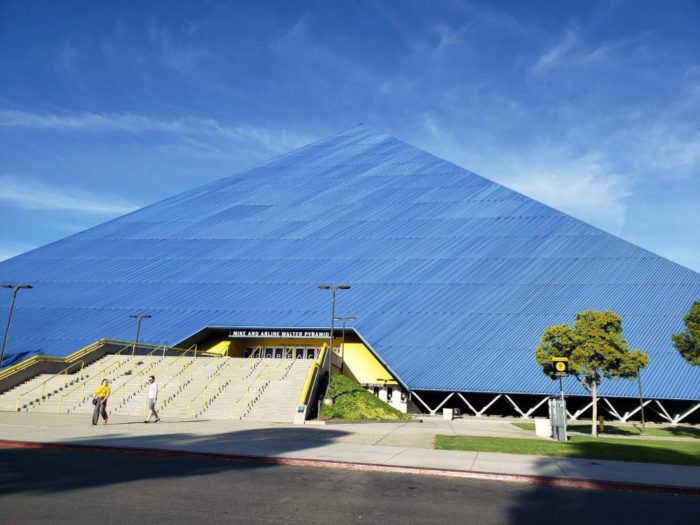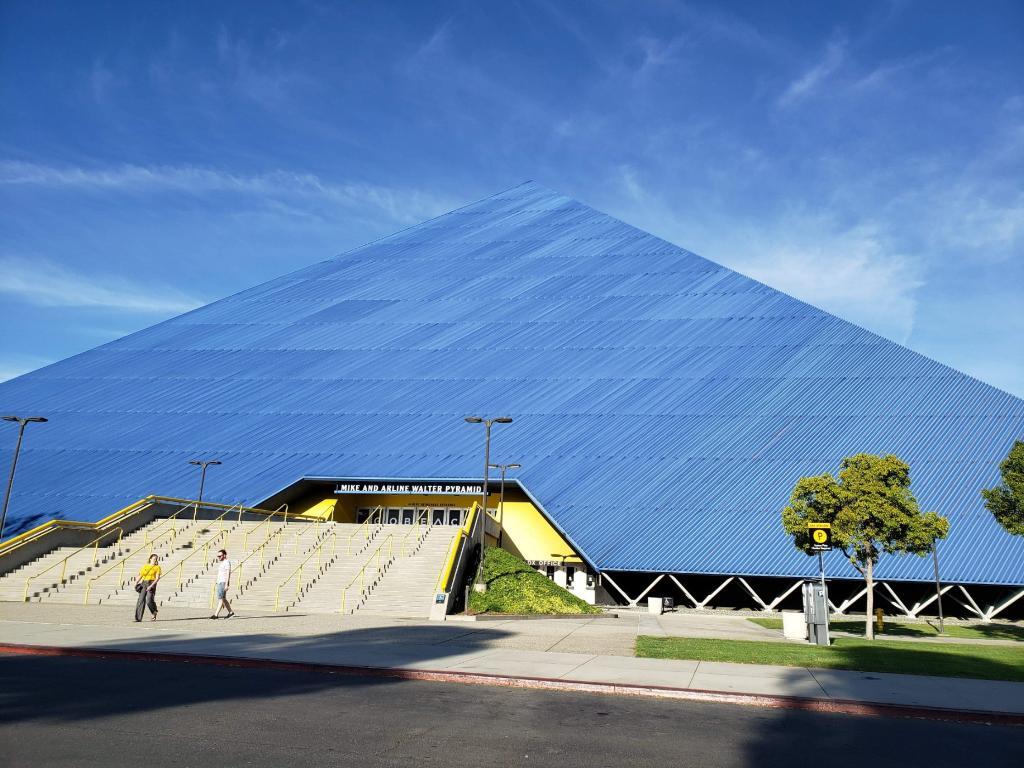
Across the country, colleges and universities are transitioning to online courses either for an extended period of time or for the rest of the semester due to COVID-19. With campus buildings closing, graduation ceremonies becoming postponed, and on-campus resources coming to a halt, students are dealing with displacement, unemployment, and canceled opportunities; for many, their livelihoods and futures are on the line.
During the conversion to online classes, support has been practically unavailable due to poor planning from the U.S. government and college and university administrations. Most students wanted to make this switch in a timely manner because of health concerns for themselves and their families. California State University, Long Beach (CSULB) is one of such schools that arguably took too long to make the switch to online courses. CSULB students have spoken out, telling their stories about how the campus shutdown has impacted them:
There has been a lack of response from University administration and most responses have been unhelpful.
Before nearly all institutions of higher education had closed, many CSULB students took to social media with petitions to switch to online classes. Students demanded that the administration take action because as schools were shutting down across the U.S., students at CSULB were expected to continue attending classes like usual. An email went out suggesting that students who were at risk or had at-risk family members could request alternative forms of instruction, but when Gabriella T., a graduating senior, reached out about these alternatives, she received no reply. She was stuck with a difficult choice because the university wouldn’t take responsibility for keeping its students safe and healthy. Other students have cited similar concerns, recalling how many of these email updates contained no useful information. Although students wanted to move online for the safety and well-beings of themselves and their peers, the way CSULB handled this transition had unintended repercussions.
And keep those grades up! Even though you won’t get a graduation ceremony.
Student grades have been a major concern as many feel like they aren’t performing their best due to stress and demanding course loads. Students are distracted by trying to figure out how to pay their bills, keep themselves and their families healthy, and adjust to their new lives, all while managing to keep up with their classes and essentially teach themselves. How can we expect students to succeed in this environment? At CSULB, there has been talk of offering pass/no pass options, but it is a contentious topic even among students.
Let’s not forget about the graduating seniors who have put in the work and are now facing this shutdown in their final semester. Celebrations have been cancelled in light of commencement ceremonies that have been “postponed,” leaving students like Larissa S. hopeful they will still get to walk across the stage in the summer, even if family and friends can’t physically attend.
There are limited accessibility accommodations, if any, for students in need.
Rachel N., a first year transfer student talked about her issues with lack of support from staff working in disabled student services. Staff at the career development center, disabled student services, and the library refused to help her with routine forms or databases searches. They told her she could hire third-party services and stated that this type of support was not in their job descriptions. She has had to learn to navigate courses on difficult-to-use websites and feels that her grades will suffer as a consequence. More than a few students have reported feeling abandoned by CSULB in this tough time, and lack of quality responses from university administration and staff has made it extremely difficult for students to keep up their grades.
Living or working on campus? Don’t expect understanding from the administration.
Like on many other campuses, administration has forced students out of on-campus housing, many of whom do not have the financial means to quickly move back home, especially when they live out of state. Since campus has closed and students in dorms have been sent home, many student jobs have been cut as well. Larissa M. told us that she lost work because of the dining hall closures.
Other students still have jobs and were requesting accommodations, like Dania E., whose small amount of financial aid isn’t enough to cover her bills. She was able to continue working at the library, but as a work-study student her hours were already limited and are being cut further with each passing day. Usually she takes the bus to her shifts at work, but due to social distancing demands she hoped to start parking on campus for those few hours a day. Since she doesn’t have a parking permit and the daily $10 pass is steep for only a few hours of work at minimum wage, she reached out to parking services requesting they waive the fee. Instead of simply waiving the fee out of concern for student well-being, the office responded with a generic response that parking permits or passes would be required at all times. Again, students’ needs were ignored, leaving the most vulnerable in tough situations.
These issues are not unique to CSULB students,
and many will persist when students finally head back to campus.
This is just the tip of the iceberg, and CSULB is not the only school sending its students into this battle empty-handed. With no help from their administrations, students are set up for failure and needless difficulty. In whatever ways we can, we must demand more from college and university administrations across the country during this pandemic and onward. Campus-wide petitions are already circulating to demand action on student issues relating to COVID-19: signing the ones going around your campus is the first step toward change for everyone. Now is the time for compassion: if you are in a position where you can, consider offering support to your classmates and peers that may need it. Let’s show our administrations how support for students during a crisis should be handled and put the pressure on them to make those same changes.

